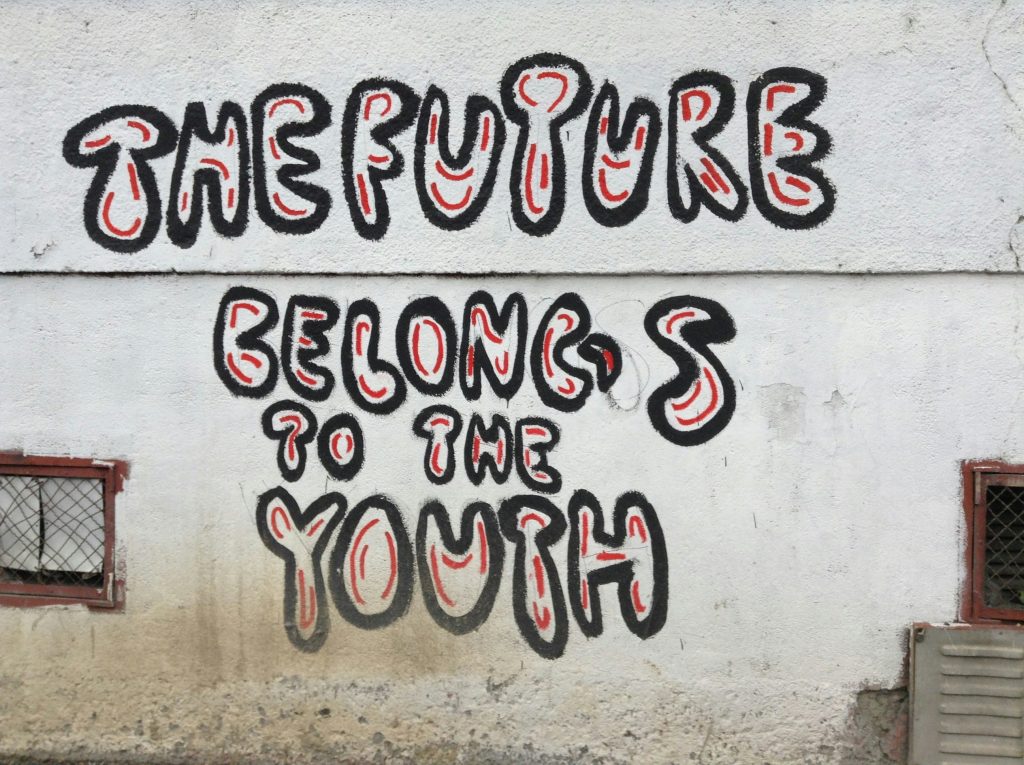Updates from the African Futures Dialogues: Youth Reclaiming the Narrative


By Duncan Koome & Passy Amayo
In the heart of the African Futures Dialogues, a powerful truth echoed through the breakout rooms: Africa’s future must be shaped by Africans themselves, especially its youth. These dialogues are not just gatherings; they represent a movement. A movement to reimagine development, policy, and innovation through the lens of African agency, culture, and collective wisdom.
Participation to Power
The dialogues’ purpose is clear. To involve young Africans in planning their futures, not as spectators, but as architects. In past dialogues, network members challenged the status quo, asking: Where is Africa in global conversations? Are our goals aligned with our realities? The call was for inclusive policymaking, cultural preservation, and resource stewardship, all led by Africans, for Africans.
Peace, Security, and the Politics of Land
In a breakout session on international peace and security, members tackled the root causes of conflict; highlighting resource competition, misinformation, and marginalization. The debate around NATO’s role in Africa revealed a tension between external support and internal sovereignty. While some saw value in capacity building, others warned of repeating history, referencing Libya as a cautionary tale.
The conversation turned sharply toward environmental justice. The displacement of communities like the Ogiek in the Mau Forest for carbon trade deals was described as “Blood Carbon Credit.” Members demanded fair trade, corporate accountability, and local oversight to protect custodians of the land from exploitation masked as climate action.
Science, Tech, and Indigenous Innovation
Africa’s digital divide continues to be real, but so is its potential. The session on science and innovation explored how multilateralism can support African-led research, especially when rooted in indigenous knowledge. Members emphasized the need to redefine modern science to include traditional wisdom, and to fund local innovation that reflects African priorities.
The message was clear: Africa must move from assimilation to agency. From being consumers of foreign frameworks to creators of its own standards, especially in AI, content creation, and digital governance.
Youth and Future Generations: The Time is Now
Africa’s youth are not just the future; they are the present. With 1 in 4 people globally projected to be African by 2060, the continent’s young population is its greatest asset. The breakout group on youth and future generations explored how to embed futureproofing into policy, ensure accountability in resource management, and create synergies between youth and government structures.
Participants called for:
· Renewable energy investment
· Youth inclusion in decision-making
· Cultural frameworks for policy design
· Psychosocial reframing of the “youth” category to reflect diversity and agency
They also drew inspiration from global examples, like Germany’s Supreme Court ruling to revise climate laws for future generations. Africa, they argued, must follow suit, embedding intergenerational justice into its legal and political systems.
A New Dawn for African Foresight is in sight, and these Dialogues provide space to make not just declarations but allow for African youth to converge, debate and take strong positions on different issues affecting the future of the continent. A declaration that came out of the last dialogue is that Africa’s future will not be outsourced. That its youth will not be sidelined. That its knowledge systems will not be erased.
As emerging foresight practitioners, we must continue to amplify these voices, challenge dominant narratives, and co-create futures that reflect the richness, resilience, and brilliance of Africa as mentioned earlier.